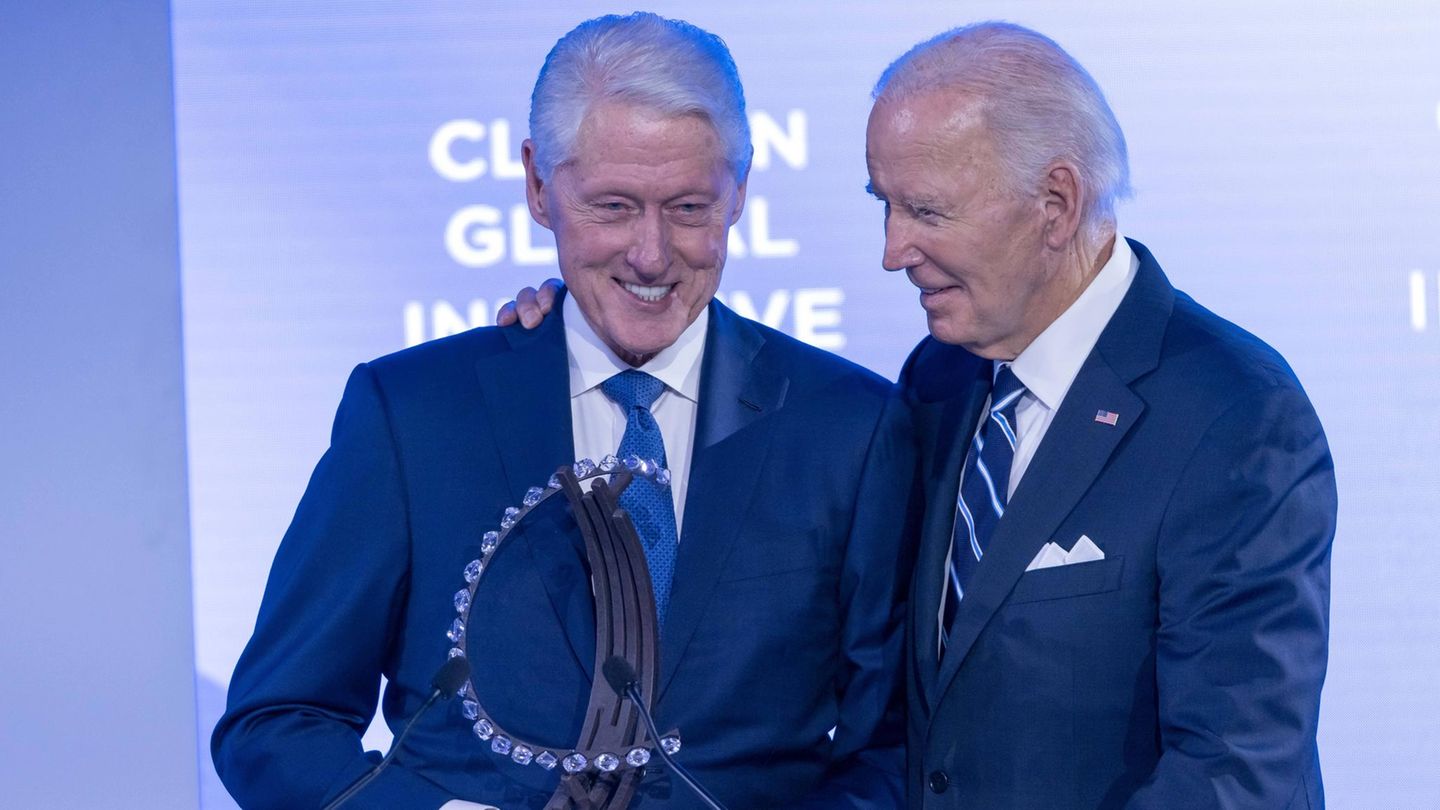This was expressed when leading an investment announcement for $4.8 billion to improve the infrastructure and productivity of 37 industrial parks throughout the country, accompanied by the Secretary of Industry and Productive Development, José de Mendiguren.
The meeting in which Massa spoke happened minutes before the The National Institute of Statistics and Censuses (Indec) released the Consumer Price Index (CPI) for August, which was 12.4%.
What Sergio Massa said about the inflation data
At the meeting with representatives of industrial parks from all over the country, the head of the Treasury Palace anticipated that in inflationary matters “August has been one of the worst months of the Argentine economic process in the last 30 years.”
The poor performance in the price level was, according to Massa, “the product of an imposition by the IMF that greatly hits our economy, such as the devaluation plus the PAIS tax as a guarantee mechanism that the organization intends (for the collection of the debt)”.
“This in some way highlights how important it is that we have an industrial development project, a surplus trade balance to make us strong in terms of reserves and strengthen our currency, which is the best way to defeat inflation,” Massa said before an audience made up of industrial leaders and provincial ministers of the area.
Industrial Parks for Federal Development
Factory growth and trade surplus are also necessary steps to “have the autonomy and sovereignty to pay the Fund and remove it from Argentina because, throughout its history, recipes and programs permanently end up being inflationary and contractive,” stated the candidate for president of Unión por la Patria (UxP).
And he added that the IMF “It has more of a creditor look that seeks to guarantee payment than one linked to being a guarantee instrument for the shocks that countries suffer, which is its historical origin and that is what it was born for.”
In that sense, he recalled that “there is no worse shock to an economy than the drought we had this year, which represented a loss of almost 25% of our exports” and said that, despite that context, “a multilateral organization that had as responsibility to generate instruments to confront that crisis ended up systematically falling through the cracks.”
“The IMF forced Argentina”
Massa pointed out that the IMF forced Argentina “in June and July we had to make payments using yuan, agreements with the CAF and Qatar and via Special Drawing Rights (SDRs)”, and then ended up “in a scheme very less than the which they claimed was a 100% devaluation with a 30% PAIS tax applied to all goods.
The CPI increased 12.4% in August compared to July, driven in particular by the Food and Health segments, and in the first eight months of the year it accumulated an increase of 80.2% and 124.4% year-on-year, reported today the Indec.
The 21.8% devaluation that the Central Bank implemented on Monday, August 14 – which took the wholesale exchange rate from $287.29 to $350 – boosted all sectors, which registered the transfer to prices in both the industry of goods and services.
Source: Ambito




